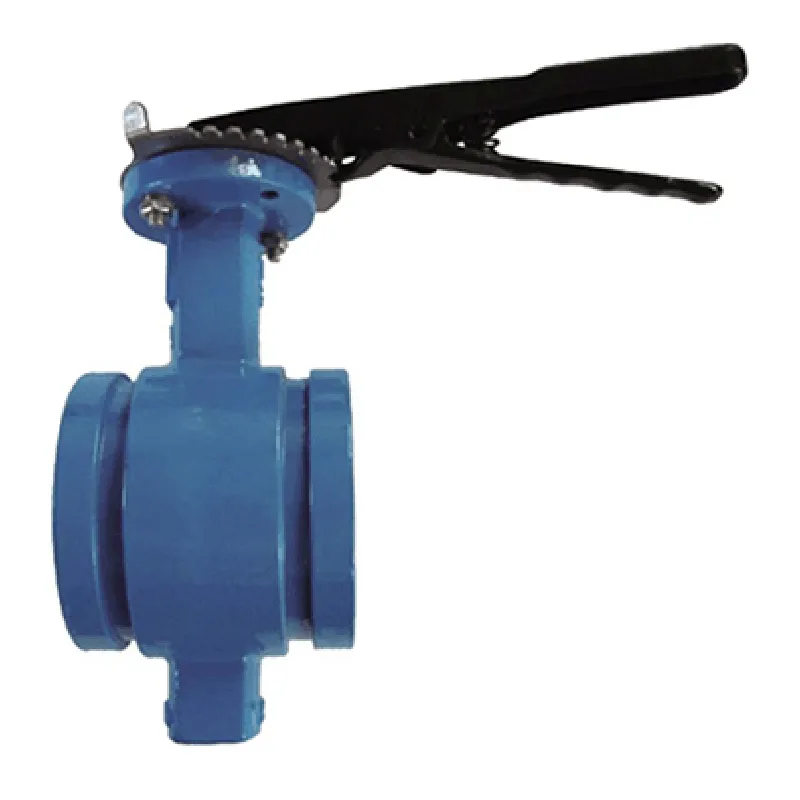10 月 . 18, 2024 17:33 Back to list
Carbon Steel Ball Check Valve Specifications and Applications for Efficient Fluid Control
Understanding Carbon Steel Ball Check Valves
Introduction
In the world of industrial piping systems, check valves play a pivotal role in ensuring the proper flow of fluids while preventing backflow. Among the various types of check valves available, the carbon steel ball check valve is renowned for its durability, efficiency, and cost-effectiveness. This article delves into the characteristics, benefits, applications, and maintenance practices associated with carbon steel ball check valves.
What is a Carbon Steel Ball Check Valve?
A carbon steel ball check valve is a one-way valve that utilizes a spherical ball to allow fluid to flow in one direction. The valve consists of a valve body, a ball, and a seat. When fluid flows in the intended direction, the ball is pushed away from the seat, allowing the flow to pass. Conversely, if the fluid attempts to flow back, the ball moves back to the seat, creating a seal that prevents reverse flow. The design is intuitive, reliable, and effective, making it a preferred choice in various industries.
Key Characteristics
1. Material Carbon steel, known for its strength and versatility, is commonly used for producing these valves. It offers excellent resistance to wear and tear, making it ideal for high-pressure applications.
2. Temperature and Pressure Ratings Carbon steel check valves often have high-temperature and pressure ratings, which makes them suitable for extreme industrial environments.
3. Ball Design The spherical shape of the ball allows for minimal pressure loss in the pipeline. Additionally, the ball can resist the forces exerted by flowing liquids, ensuring reliability and consistency in operation.
4. Sealing Mechanism The precision of the sealing surface between the ball and the seat ensures a tight closure, minimizing the risk of leakage.
Advantages of Carbon Steel Ball Check Valves
1. Durability Carbon steel is known for its strength and resilience, making these valves resistant to wear and corrosion. This durability translates to longer service life and reduced replacement costs.
3. Low Maintenance Due to their robust construction, these valves typically require less frequent maintenance compared to other valve types. This characteristic is particularly beneficial in large industrial setups where downtime can be costly.
4. Versatility Carbon steel ball check valves can be used in a range of applications—from water treatment to oil and gas transport—making them a versatile solution for various industries.
carbon steel ball check valve

Applications
Carbon steel ball check valves are utilized across numerous sectors. Some common applications include
- Water Supply Systems In municipal and industrial water supply systems, these valves prevent backflow, ensuring clean water supply and protection from contamination.
- Oil and Gas The oil and gas industry relies on carbon steel ball check valves in pipelines to maintain the integrity of fluid transport and protect equipment from reverse flow.
- Chemical Processing These valves are also widely used in chemical processing plants, where the prevention of backflow is crucial for safety and operational efficiency.
- HVAC Systems In heating, ventilation, and air conditioning (HVAC) systems, carbon steel ball check valves help maintain proper flow direction in chilled water and hot water circuits.
Maintenance Practices
Although carbon steel ball check valves are low maintenance, regular inspections are essential to ensure optimal performance. Some recommended practices include
1. Visual Inspections Regularly check for any signs of leakage or corrosion on the valve body and surrounding piping.
2. Functional Testing Periodically test the valve to ensure it is opening and closing properly. This can help identify any wear on the ball or seat.
3. Cleaning If the valve has become clogged with debris, cleaning may be necessary. Ensure that any cleaning agents used are compatible with the liquids the valve will handle.
4. Lubrication In some designs, lubricating the moving parts can extend the life of the valve and enhance its operation.
Conclusion
The carbon steel ball check valve stands out as a reliable, efficient, and durable solution for a multitude of fluid flow applications. Its robust design and operational efficiency make it a favorite in industries such as water treatment, oil and gas, and chemical processing. Proper maintenance and understanding of its operation are crucial for maximizing the valve's lifespan and efficiency. Incorporating carbon steel ball check valves into your piping systems can significantly enhance performance and reliability, ensuring safe and effective fluid management.
Share
-
Understanding the Differences Between Wafer Type Butterfly Valve and Lugged Butterfly ValveNewsOct.25,2024
-
The Efficiency of Wafer Type Butterfly Valve and Lugged Butterfly ValveNewsOct.25,2024
-
The Ultimate Guide to Industrial Swing Check Valve: Performance, Installation, and MaintenanceNewsOct.25,2024
-
Superior Performance with Industrial Swing Check Valve: The Essential Valve for Any SystemNewsOct.25,2024
-
Industrial Swing Check Valve: The Ideal Solution for Flow ControlNewsOct.25,2024
-
You Need to Know About Industrial Swing Check Valve: Functionality, Scope, and PerformanceNewsOct.25,2024